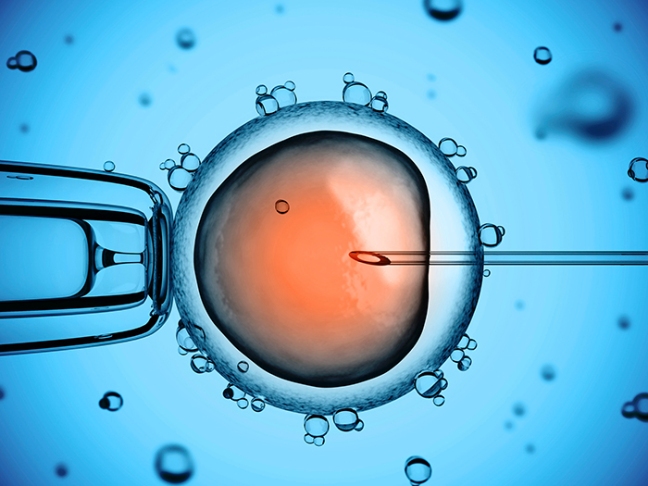
By Stuart Hamilton
A recent Alabama supreme court case regarding the status of frozen human embryos has catapulted the practice of in vitro fertilization (IVF) into a national debate about laws protecting unborn human life. In the case, a client at a fertility clinic wandered into an unlocked storage lab and attempted to examine frozen embryos stored in vials. She dropped the vials, subsequently destroying five frozen embryos from three separate couples. These couples then sued the clinic under Alabama’s “Wrongful Death of a Minor Act”.
Normally, that law would apply to cases in which a pregnant woman is harmed due to a wrongful act, omission, or negligence, in which injury or death is also caused to the unborn child, allowing the state to pursue conviction on the basis of there being two victims. In this case, a determination had to be made by the court as to whether embryos frozen outside the womb constitute a victim in the same sense as a human embryo within the womb. In late February, the Alabama supreme court handed down an 8-1 majority ruling in favor of the families who lost their embryonic children, and granting legal personhood to all embryonic life, regardless of its location.
The Catholic Church’s moral teaching regarding IVF has long been a source of controversy and misunderstanding even among practicing Catholics. After all, the final end of the procedure is an intrinsic good–the life of a child for couples that may not otherwise be able to naturally conceive. However, the Church has always been careful to make a distinction between morally sound medical practices which seek to restore a couple’s fertility within the marital act (such as NaPro technology) and morally illicit practices such as IVF which completely replace the marital act with what the Catechism calls the “domination of technology over the origin and destiny of the human person.” (2377)
Church teaching is clear that all human life, no matter how conceived, is made in the image and likeness of God, having inherent dignity and worth. However, in IVF the child is no longer the immediate product of the conjugal love between two parents, but of a technical process of science which treats unborn human life like a product to be obtained rather than recognized as a gift to be received from the Creator’s hand. Although the distinction may seem technical, the end result is the dehumanization of the unborn child, a fact emphasized by the fertility clinic’s defense in the Alabama case, which straight-forwardly argued that the destroyed embryonic life should be considered “property” not “children”.
More to the point, the process of IVF leads to a direct loss of human life. In IVF, the sperm and egg are fused outside the womb in a lab environment, and the resultant embryonic human life is then implanted within the uterus. Typically, doctors create multiple embryos at once (from 5 to 12) in case initial implantation is not successful. Should implementation fail, a miscarriage occurs, which, itself, is an unfortunate loss of human life.
Should implantation succeed, however, what happens to the remaining embryos? They are either frozen (to be potentially used at a later indefinite date), given over to the fertility clinic for experimentation, or simply disposed of as biological waste. Based on CDC stats, it is estimated by some that approximately 1.6 million embryos per year are created by IVF which will not come to term. Such estimates suggest a potentially staggering loss of unborn, human life which dwarfs the current US abortion toll.
Although the Alabama ruling was not a ban on either IVF or the long-term storage of frozen embryos, it immediately threw fertility clinics into a panic. State lawmakers from both sides of the political spectrum rushed a bill through both the house and senate granting blanket immunity to fertility clinics for any damage or death of embryonic human life incurred during the IVF process. In spite of many prominent pro-life groups issuing a joint request to the governor of Alabama to veto the bill, it was signed into law. Unfortunately, many other lawmakers across the country (even those claiming to be “pro-life”) have followed suit, entangling IVF in a broader national conversation concerning “reproductive rights” for women.
In Kentucky, for example, house bill 757 has been introduced, which declares that any embryo outside the womb is not an unborn child. Additionally, three women are suing the state for the right to IVF by attacking current anti-abortion laws, claiming that such laws leave IVF clients open to prosecution for murder. Meanwhile, pro-life legal experts and the USCCB have been swift to point out that this trend of hastily introducing laws with blanket absolutions to fertility clinics will have dire downstream legal consequences for the ongoing protection of unborn human life. The Alabama ruling has unintentionally exposed America’s inconsistent laws towards embryonic human life, and if the last few weeks are any indication, things are about to get a lot more complicated.

